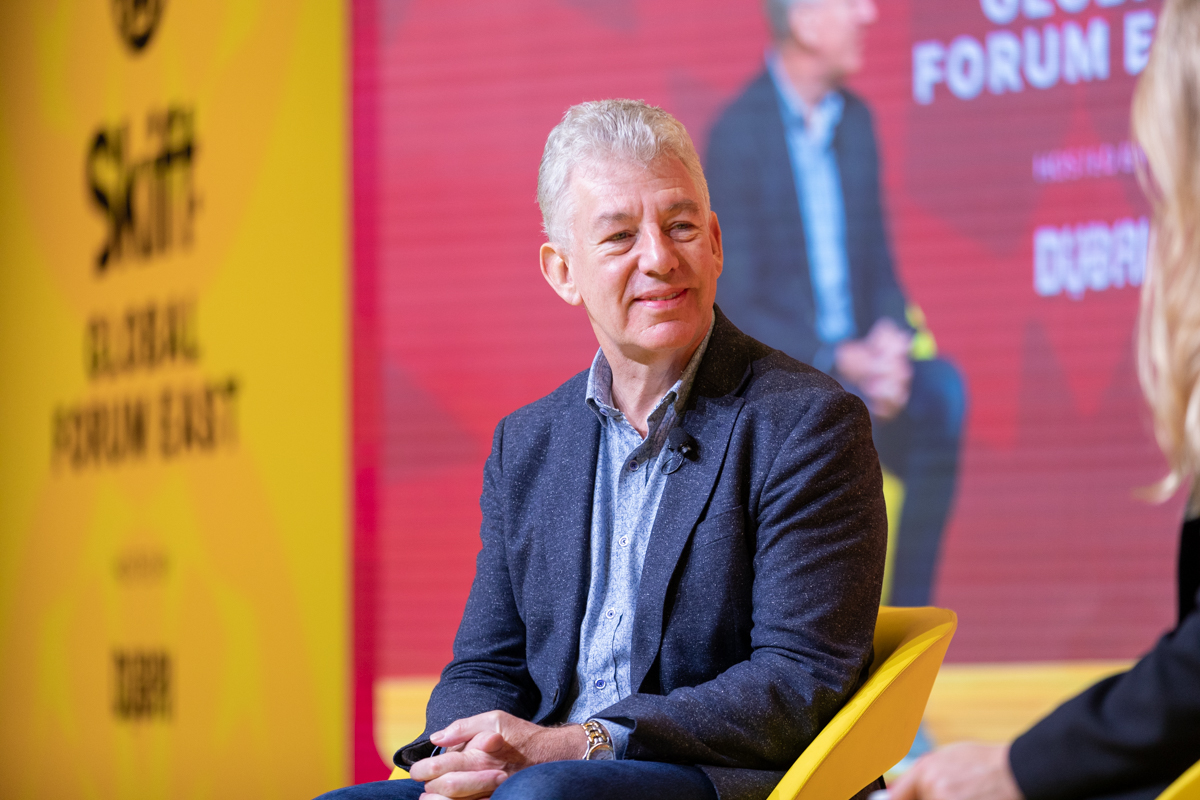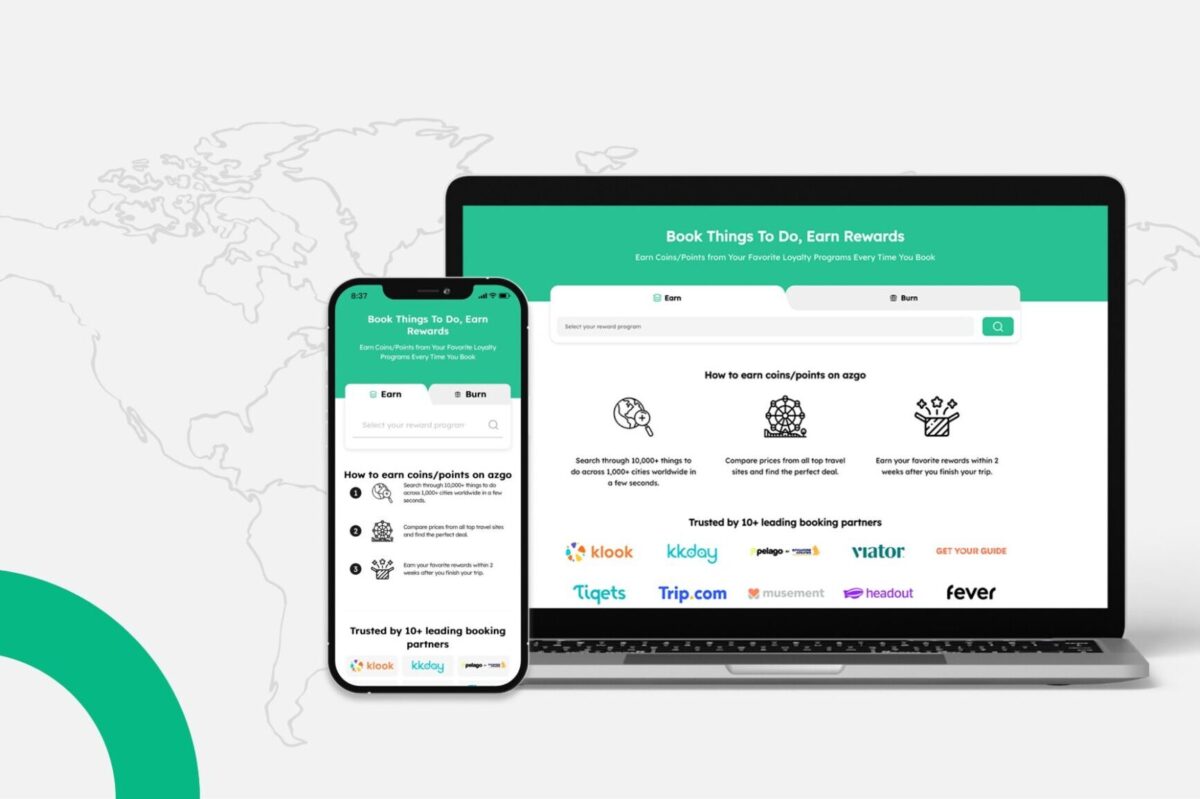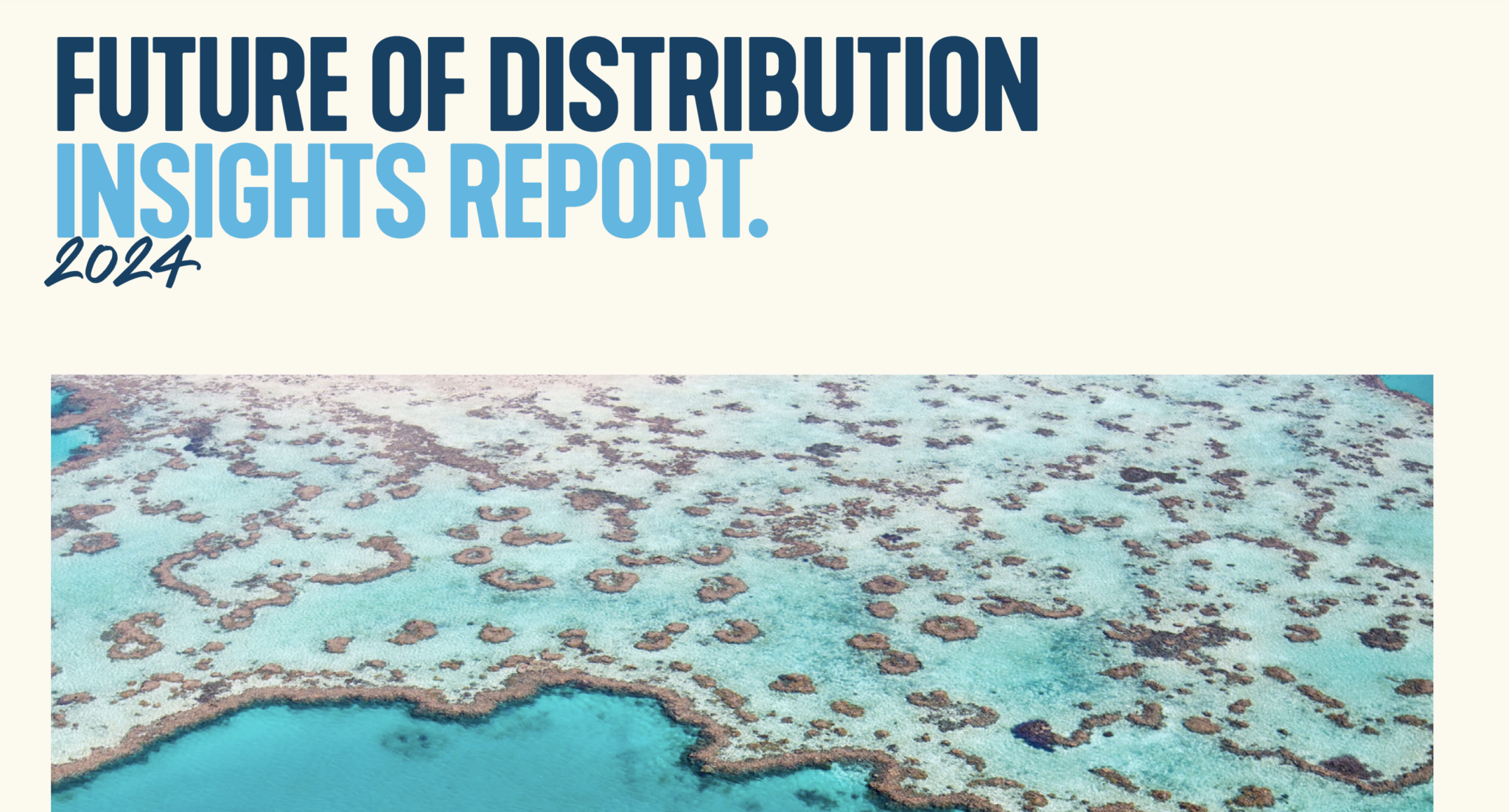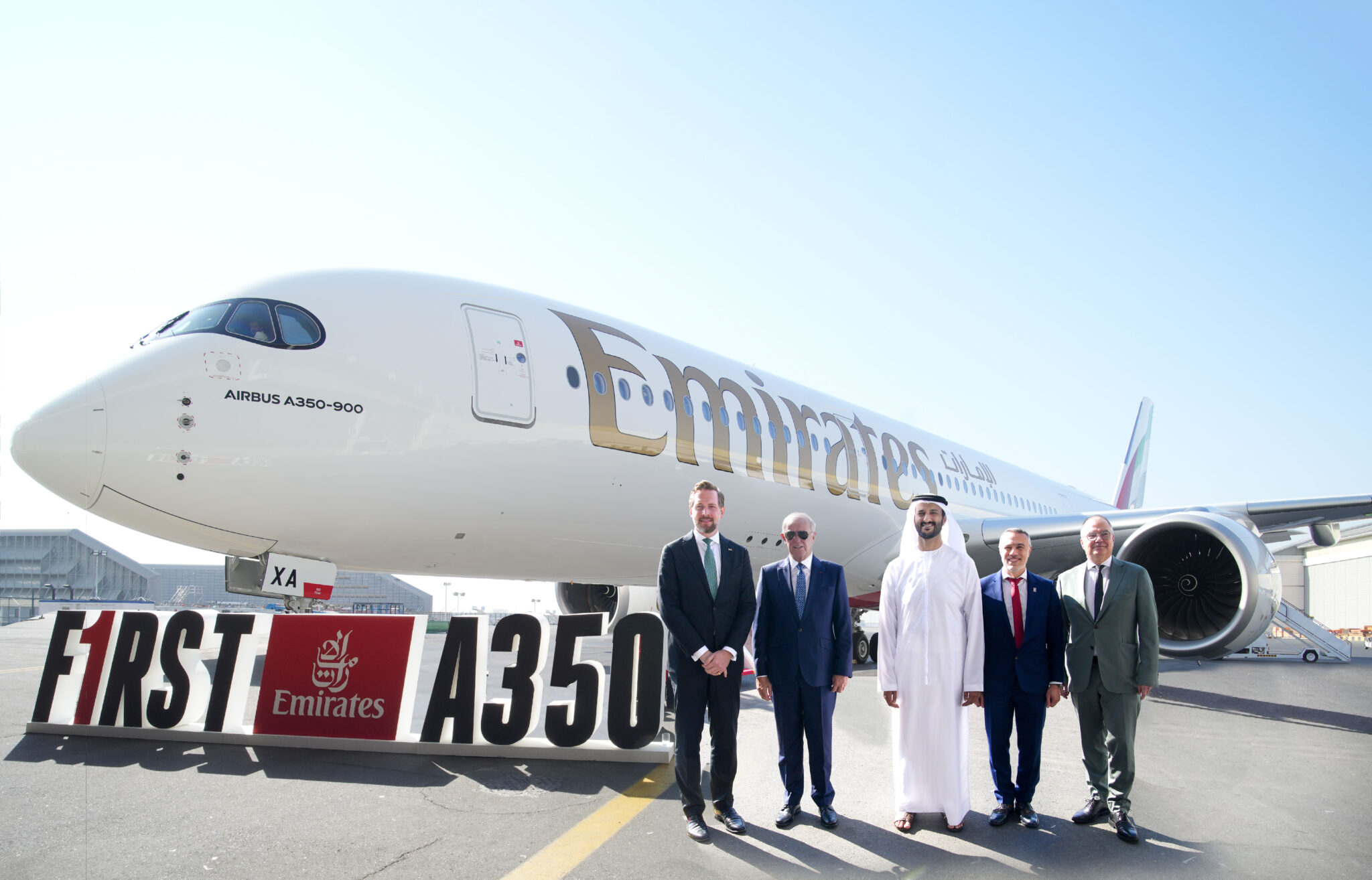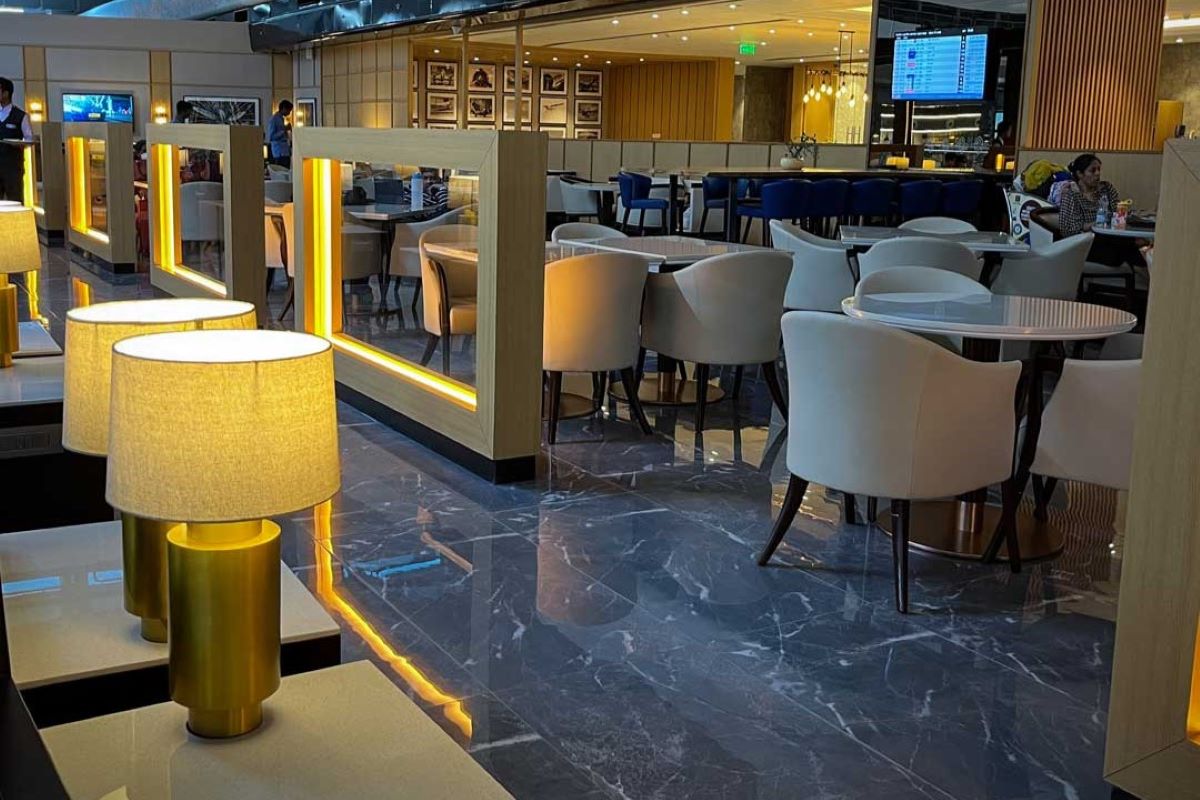Sabre Stops Selling Most Finnair Tickets in Contract Spat
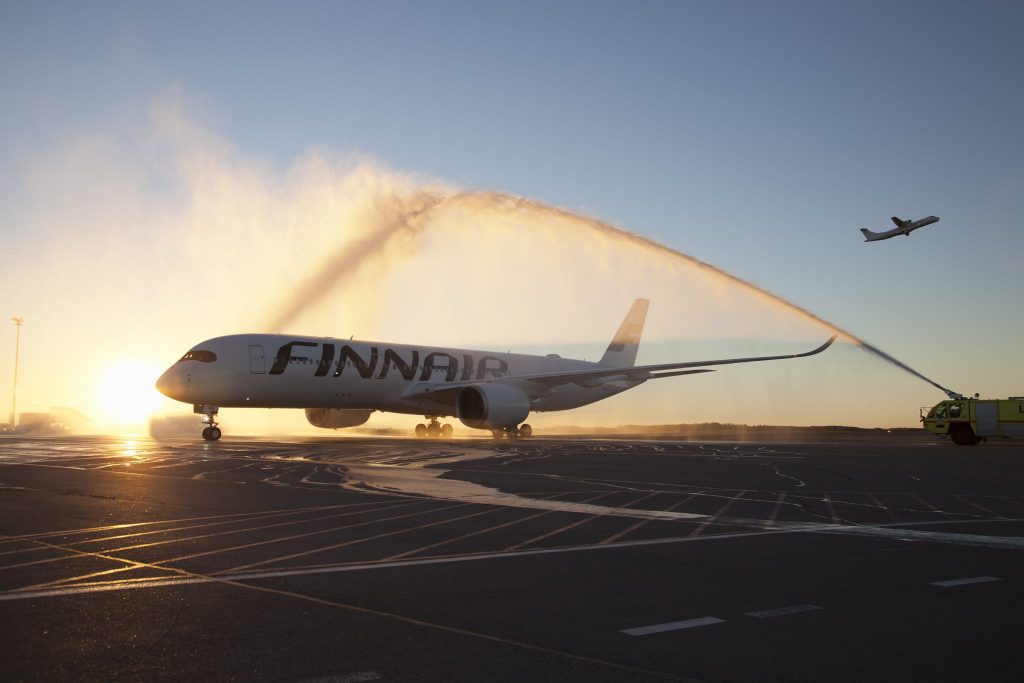
Skift Take
Sabre removed Finnair plane tickets and related content this week from its reservation systems for travel agencies outside of European markets as negotiations over a new contract with the airline broke down.
Agencies in Asia, the U.S., and other parts of the world can’t book international trips outside of Europe using Sabre Travel Network and Abacus systems.
“Finnair has been negotiating with Sabre on an agreement to replace the current full content agreement and to allow moving to our desired state of pricing and distribution freedom in our direct channels and content differentiation in our indirect channels,” an airline spokesperson told Skift. “As we have not reached an agreement, Sabre removed our content.”
“We are extremely sorry about the inconvenience this causes to travel agents, and are working to find a solution with Sabre,” the spokesperson said.
In a statement, a Sabre spokesperson said: “Sabre been working diligently with Finnair to reach a new and balanced distribution agreement that would be beneficial for travelers, travel agencies, Finnair, and Sabre. However, Finnair is currently offering deal terms that wouldn’t fairly balance all parties’ interests. As Finnair is not complying with terms in its current agreement with Sabre, we have exercised our contractual rights and have, for the time being, partially removed Finnair content from the Sabre GDS.
“We continue to pursue a fair agreement with the airline, which balances the needs of all parties, including agencies,” she added.
More than 425,000 travel agents and thousands of corporations use Sabre, based in Southlake, Texas, to shop, book, and manage travel. Finnair continues to distribute via the other major companies: Amadeus, Travelport, and Travelsky. That said, most agencies that use Sabre only use Sabre, as is the industry pattern with other distribution providers.
Finnair is a midsize carrier. Larger airline groups Air France/KLM, International Airlines Group (IAG), Lufthansa Group, and Qantas have broken their so-called full-content agreements with Sabre and its peer companies.
Full-content agreements mean that the carriers provide all of their inventory at all prices to the distribution companies in exchange for cheaper fees.
The airlines no longer like such deals. They want to be able to undercut their pricing on their direct channels to encourage more direct bookings. This effort annoys some travel agencies because the process means that the old pattern allowing all travel agencies to book any ticket is ending, undermining their value to their clients.
In the short term, the distribution companies benefit because carriers have to pay higher booking fees.
“Airline/GDS disputes are part of the industry,” according to a Bank of America Merrill Lynch analysis published in September. “They, on average, last for two years, and initially at least the airlines have more to lose than the GDS. Longer-term, they have supported the trend towards slower volume growth and higher GDS pricing, as the mix of bookings shifts gradually towards corporate.”
Pain on Both Sides
Finnair will suffer lost revenue as a result of the reduced bookings and hiked booking fees. Likely, Finnair is now probably having to pay higher booking fees for the European area tickets being booked since Tuesday if its contract terms with Sabre follow the typical pattern.
The airline may be hoping the Sabre will make concessions to avoid looking like it is bullying a midsize carrier in light of the European Commission having launched last year an investigation into Sabre and Amadeus for their relationships with airlines.
An industry executive, whose name we’re withholding, said this was “a nice case of a GDS [global distribution system] bullying a smaller airline.”
The debate appears to primarily be a commercial dispute and not a question of Sabre’s technical capabilities.
Like many airlines, Finnair has been looking to drive more direct bookings and bookings via its corporate travel tools. It has worked with so-called aggregator services such as Travelfusion and PKfare. It has also built direct connections using the new industry messaging standards called the New Distribution Capability, or NDC.
Yet one year ago, Sabre agreed to help Finnair display the carrier’s branded fares through Sabre’s recently redesigned desktop software for travel agencies. This year, Sabre began displaying Finnair’s NDC-based offerings alongside traditional content.
In the past couple of decades, airlines often have engaged in tense negotiations with distribution companies over contract terms.
From the perspective of the providers of the technology services for distribution, “bullying” can be in the eye of the beholder. In some cases, airline groups with much larger market capitalizations than the distribution companies push to get more service more cheaply. To generalize broadly, greater consolidation among airlines in the U.S. has generally led to U.S. airlines haggling for more favorable contract terms than carriers in other markets of the world have been able to get, experts said.
Farelogix Twist
Worldwide, global distribution systems have been boosting their fees to airlines 2 percent a year on average for several years, Bank of America Merrill Lynch estimates. That trend may be short-term, though. A broader realignment of commercial incentives for distribution systems and travel agencies remains to be worked out.
Full-content agreements of the kind Finnair objects to are under pressure. In October, the Competition and Markets Authority, the UK’s competition body, issued a report on Sabre’s proposed merger of tech vendor Farelogix that revealed one fresh wrinkle. Airlines interviewed by the watchdog implied that Amadeus and Travelport may insist that, if Sabre acquires Farelogix, all content passing through Farelogix should be covered by full-content agreements they have with airlines.
In other words, if the Sabre merger with Farelogix takes place, Amadeus and Travelport might insist on getting the same plane tickets and pricing as airlines pass through Farelogix specifically for the purpose of providing some agencies better content in exchange for upselling customers on more profitable ancillaries. It’s not clear to what extent Sabre could take measures to stop that and assure airlines that they’ll continue to get to use Farelogix in the way they will like.
Meanwhile, this week a U.S. Department of Justice lawsuit against Sabre’s proposed merger with Farelogix had some news, as first reported by Dallas Business Journal. A judge ruled that Sabre’s airline contracts and disputes with airlines over contract terms since around 2005 may be fair game for the case. Sabre has said the government’s claims that the merger would be anti-competitive “lack a basis in reality and reflect a fundamental misunderstanding of the industry.”
UPDATED: This story was updated to include comments from Sabre.

